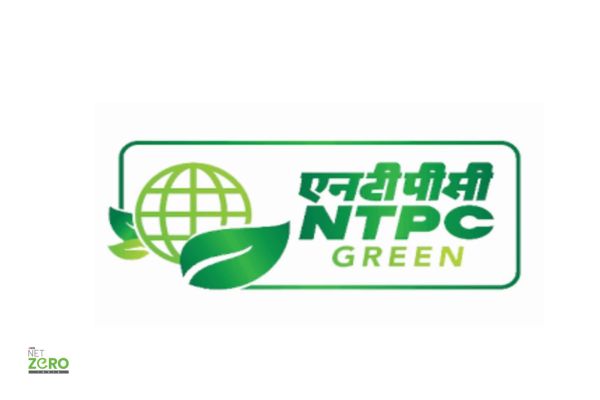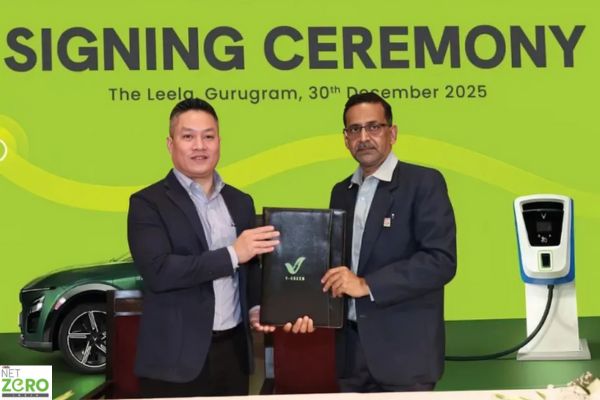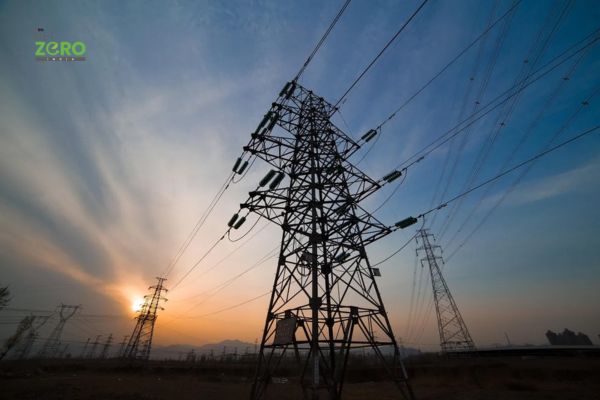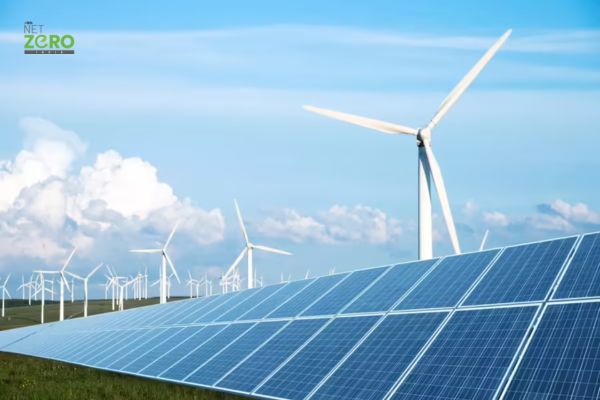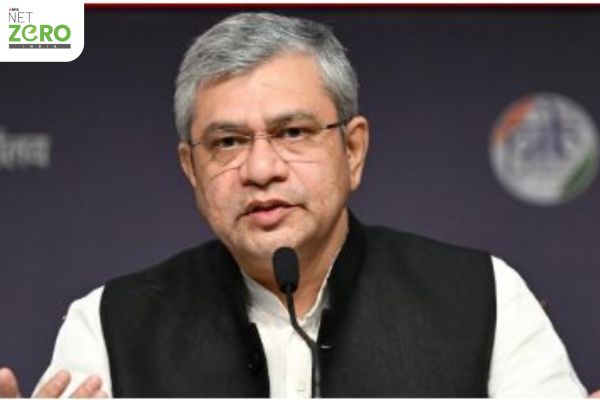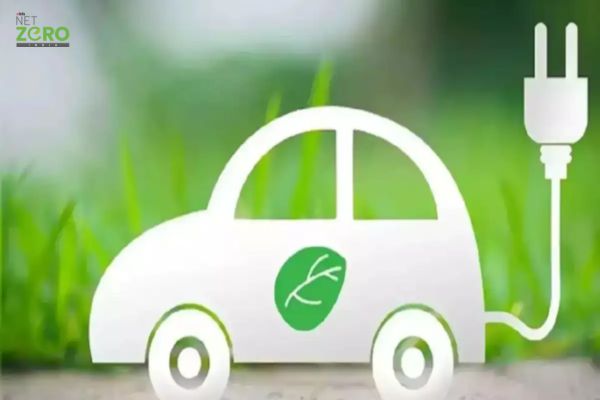
In a significant move, the Delhi government on Tuesday approved a three-month extension of its existing Electric Vehicle (EV) Policy and announced the continuation of power subsidies in the national capital. According to officials, the current EV Policy will remain in effect until the new EV Policy 2.0 is formally implemented.
The decision came during a Cabinet meeting chaired by Chief Minister Rekha Gupta, where approvals were granted to extend power subsidies across four specific categories: domestic consumers, farmers, lawyers with registered chambers, and victims of the 1984 anti-Sikh riots.
Addressing a press conference at the Delhi Secretariat, Transport Minister Pankaj Singh clarified widespread speculation regarding restrictions on vehicles. “There are many initiatives the government is considering to benefit residents, which will be reflected in the revised EV policy,” Singh said. “However, I want to categorically state that there will be no ban on auto-rickshaws or any vehicle category. The current policy will continue for approximately three to four more months.”
Home Minister Ashish Sood also dispelled concerns about the discontinuation of the power subsidy, emphasising that the Cabinet has approved a special provision to ensure uninterrupted benefits for the affected categories, particularly farmers, lawyers, and riot victims.
The EV Policy, launched in August 2020 by the previous AAP government, aimed to reduce vehicular emissions and boost the adoption of electric vehicles to 25% of total vehicle sales by 2024. Although the policy’s original three-year term ended in August 2023, the government has since extended it multiple times under both the AAP and current BJP-led regimes.
As per the draft of EV Policy 2.0, the primary objective remains the reduction of pollution through large-scale EV adoption. The new policy proposes to transition mass-use categories such as two-wheelers, three-wheelers, buses, and goods carriers to electric alternatives.
Incentives under the draft include up to ₹36,000 in subsidies for women purchasing electric two-wheelers and a general purchase incentive of ₹10,000 per kilowatt-hour, capped at ₹30,000 per vehicle. Additionally, the policy aims to create up to 20,000 new jobs and establish a robust ecosystem of battery collection centres and charging/swapping stations across Delhi.
Once approved by the Cabinet, EV Policy 2.0 will be officially notified, marking the next phase of Delhi’s effort to improve air quality by replacing fossil fuel-run vehicles with greener alternatives.
Be a part of Elets Collaborative Initiatives. Join Us for Upcoming Events and explore business opportunities. Like us on Facebook , connect with us on LinkedIn and follow us on Twitter, Instagram.
"Exciting news! Elets technomedia is now on WhatsApp Channels Subscribe today by clicking the link and stay updated with the latest insights!" Click here!




